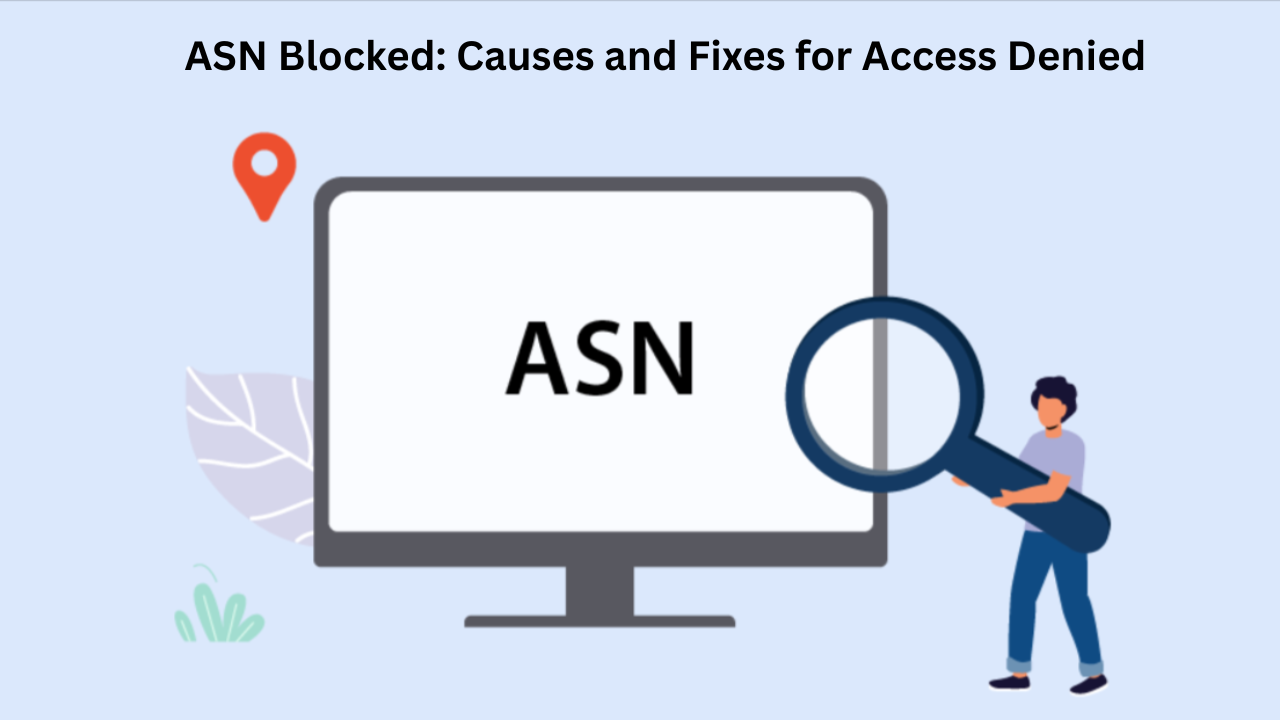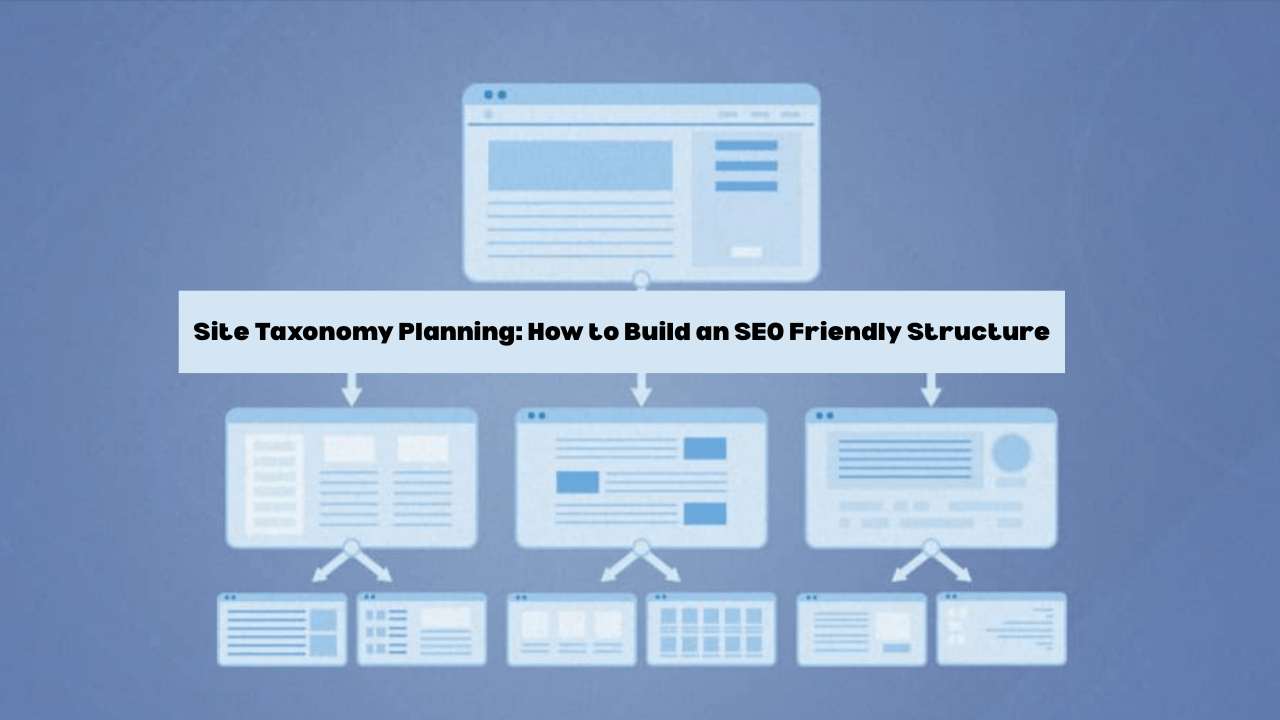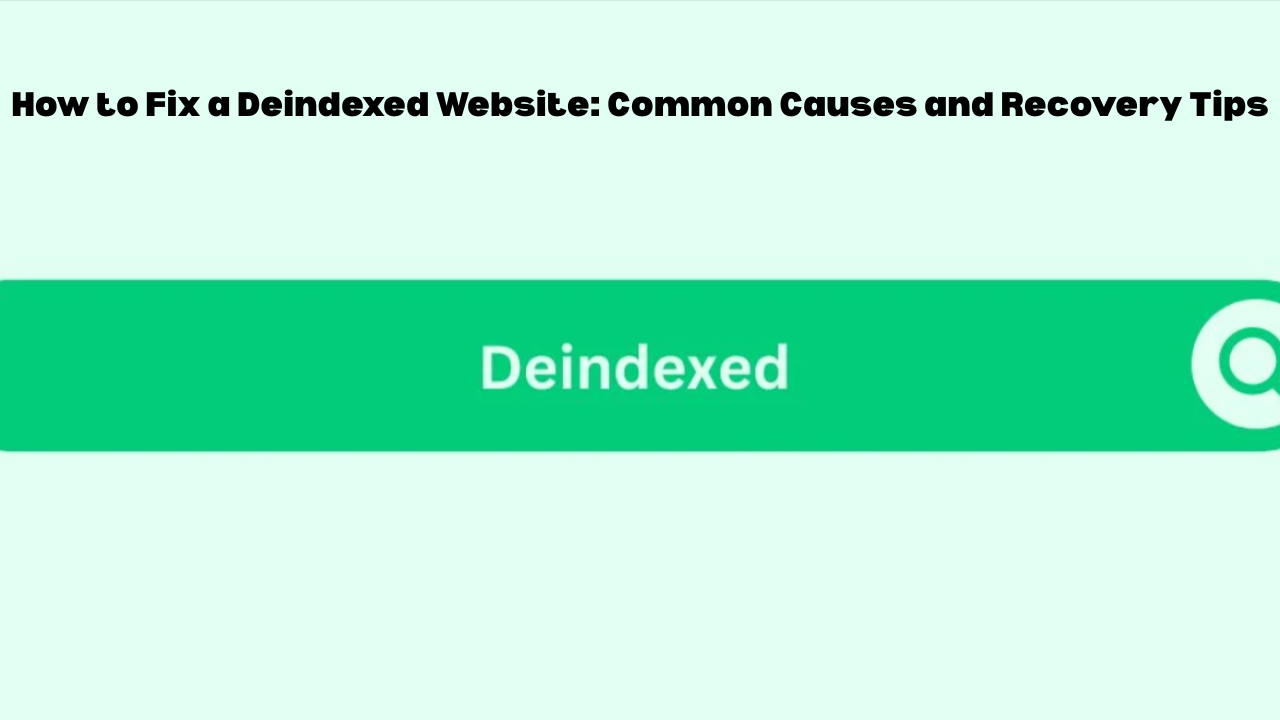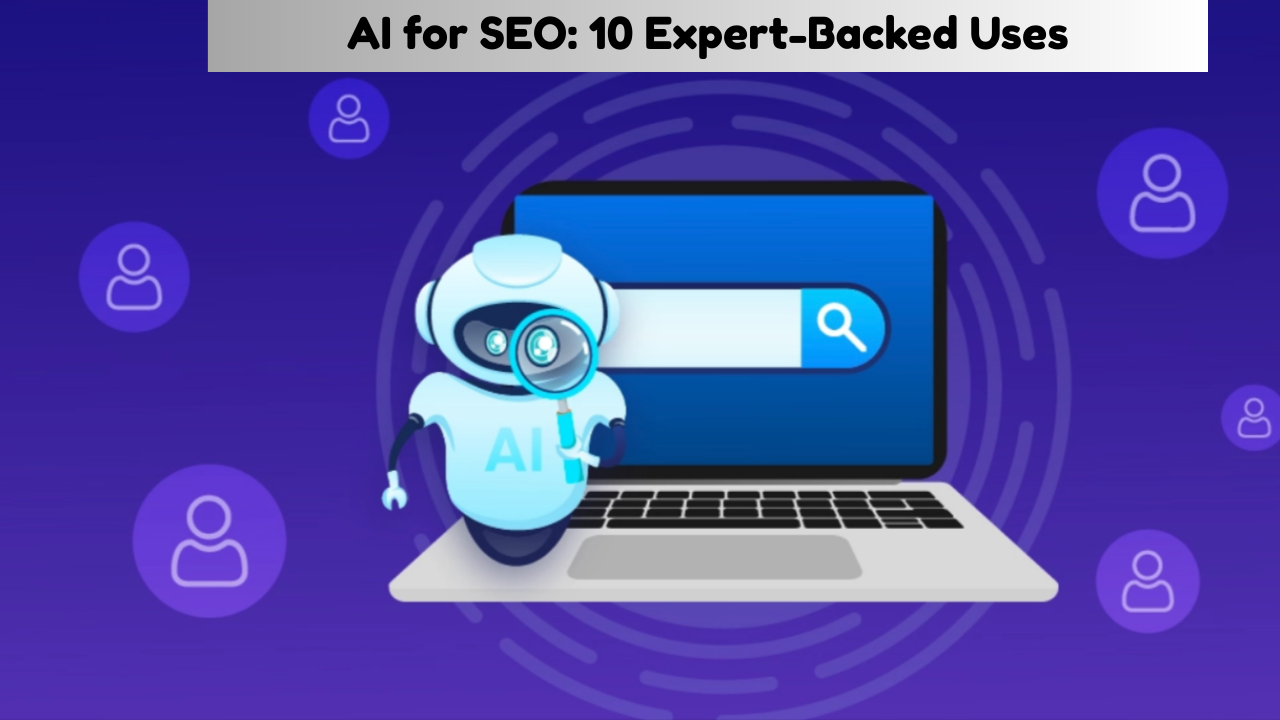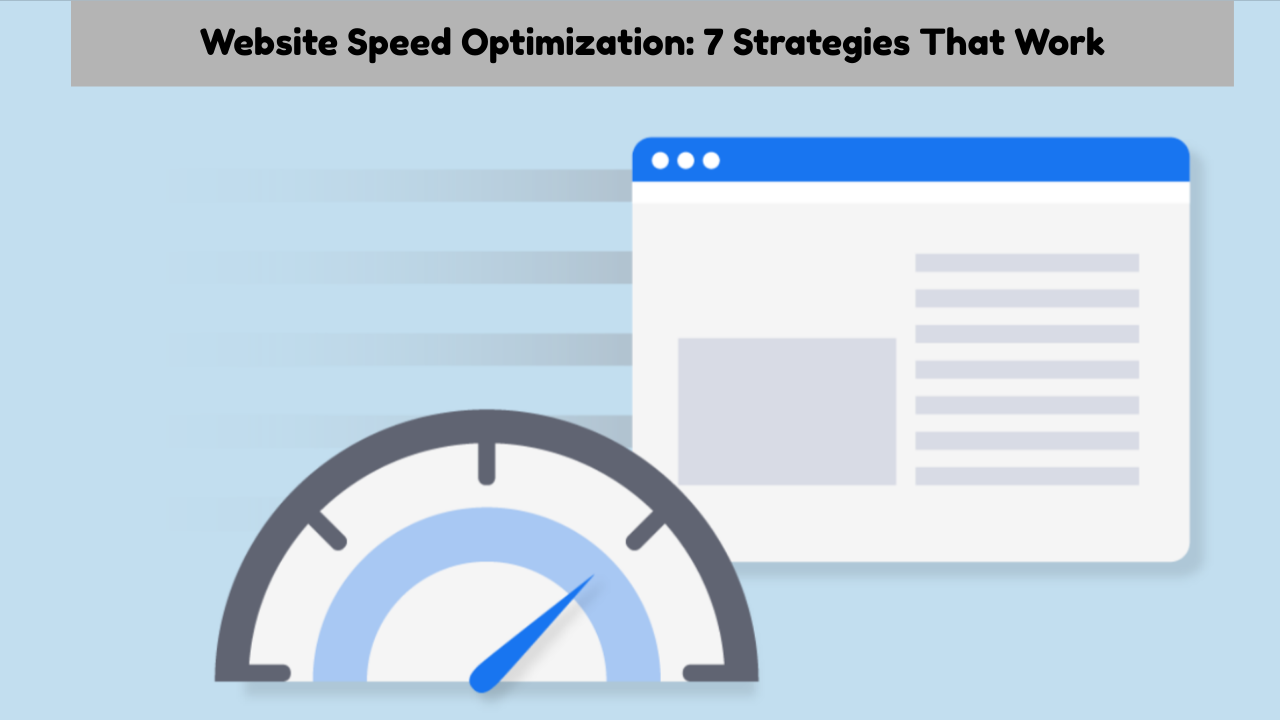Your ASN Is Blocked: Meaning, Reasons, and How to Fix Access Denied Errors
- accuindexcheck
- 0 Comment
- Posted on
If you are seeing messages like “your asn is blocked” or “access denied your asn is blocked”, it means the website is blocking your entire network, not just your device or IP address. This issue is common today and usually confuses users because changing browsers or refreshing the page does not help. This article explains…
Read MoreSSL Certificate : How It Works and Why Your Website Requires It
- accuindexcheck
- 0 Comment
- Posted on
The basic necessity of website security is that unless you are absolutely certain that you get none of the data from the users, anything which collects any kind of data, even mere contact forms, must be protected, therefore D Secure Sockets Layer (SSL) is essential for security concerns about each and every website. It rather…
Read MoreSite Taxonomy: What It Is and Why It Matters for SEO
- accuindexcheck
- 0 Comment
- Posted on
A clear site taxonomy is of importance to proper SEO performance. In this guide, there are included relevant aspects by which proper structuring and optimization of site taxonomy can be realized. If you work in SEO, you’ve likely heard site taxonomy mentioned in the context of website structure. It refers to how content is organized…
Read MoreHow to Recover from Website Deindexing: Causes and Solutions
- accuindexcheck
- 0 Comment
- Posted on
Deindexing is not always a consequence of manual actions or an algorithm imposed punishment; more often than not, it takes place quietly due to technical glitches, crawling barriers, or soft signals that tend to weaken Google’s confidence in terms of the overall website quality. Witnessing a sudden disappearance of the website in the eyes of…
Read MoreHow to Use AI in SEO: 10 Expert Backed Uses
- accuindexcheck
- 0 Comment
- Posted on
AI in SEO helps in making the whole optimization process more effective and targeted and at the same time freeing up valuable hours as no time is wasted on routine tasks. If the tools like ChatGPT, Jasper, and Surfer are used properly, they can provide support in research, content planning, and on-page optimizations simultaneously at…
Read More7 Effective Ways to Speed Up Your Website for Better SEO
- accuindexcheck
- 0 Comment
- Posted on
If a page takes more than a couple of seconds to load, they’re flirting with danger. Users won’t stick around, and Google will never work for you again. The instant a page feels slow, the visitor hits the back button and moves on to faster results. That lost engagement runs counter to positive signals to…
Read MoreWhat is Alt Text and How to Use It for Better SEO?
- accuindexcheck
- 0 Comment
- Posted on
Images can contribute to the written content and appear attractive on the web. But images are not comprehensible to every visitor. To the visually challenged or people with slow connections, an alternative text does the job of explaining what an image is all about. Search engines are also aided by alt text to get to know the image content and the context of the page. It is a way of making the website more accessible and at the same time supporting its SEO. We will discuss in the next paragraphs what alt text is and how to use it efficiently to make your website rank higher in searches. What Alt Text Is and Why It Matters for SEO Alt text (alternative text) is a short description that is inserted into an image through the alt attribute in HTML. The primary aim of it is to describe the image’s content when the image is not allowed to be shown or the page is being read by a screen reader. For SEO, alt text helps search engines understand what an image represents. Search engines cannot fully “see” images like humans. They rely on signals such as: What happens when alt text is missing or poorly written during search time? The image is no longer understood by search engines, which dilute the relevance of the page, mainly where images give essential information. How Search Engines Use Alt Text Search engines use alt text mainly for understanding and…
Read MoreSEO Strategies for Pest Control Companies in 2025
- accuindexcheck
- 0 Comment
- Posted on
Search traffic only becomes valuable when it reflects service intent. For pest control companies, SEO determines whether your business appears for treatment-specific and location-based searches that lead to calls and bookings. This guide covers how pest control SEO should be approached in 2025 to generate qualified leads rather than general website visits. What SEO Means…
Read MoreEffective Headline Writing Techniques for Better SEO in 2025
- accuindexcheck
- 0 Comment
- Posted on
In 2025, headlines play a bigger role in SEO than they did a few years ago. They are no longer tags added for search optimization. Headlines now decide whether Google can interpret your content correctly, whether your page will make it into AI summaries, and whether users will feel like hitting your result or skipping it. Strong and precise headlines are now a crucial SEO skill due to the need for AI summaries, rewritten title tags, and dominating zero click searches. The worth of the headline increases trust in a page to Google and helps users grasp rapidly the worth their content builds. In this article, you will know what kind of approaches work and are proven to walk the path of writing headlines optimized for SEO in 2025.. How Google Interprets Headlines Headline vs…
Read MoreHow to Craft SEO Friendly URLs for Improved Search Visibility
- accuindexcheck
- 0 Comment
- Posted on
Making a SEO friendly URL involves having a link that is precise, easy for readers and search engines to comprehend. The combination of the keyword(s) in the URL title or description at least in a unique manner makes it easier for the user to figure out where your link is directed. So, what does the…
Read More